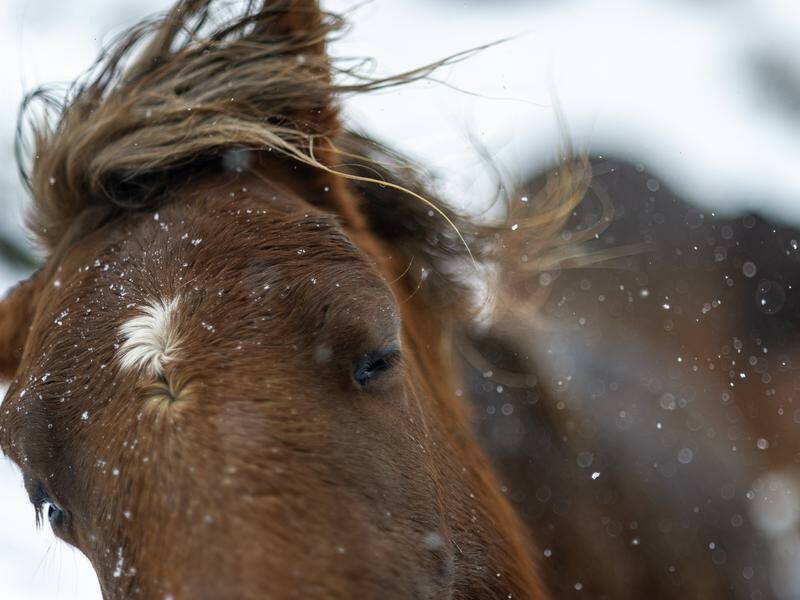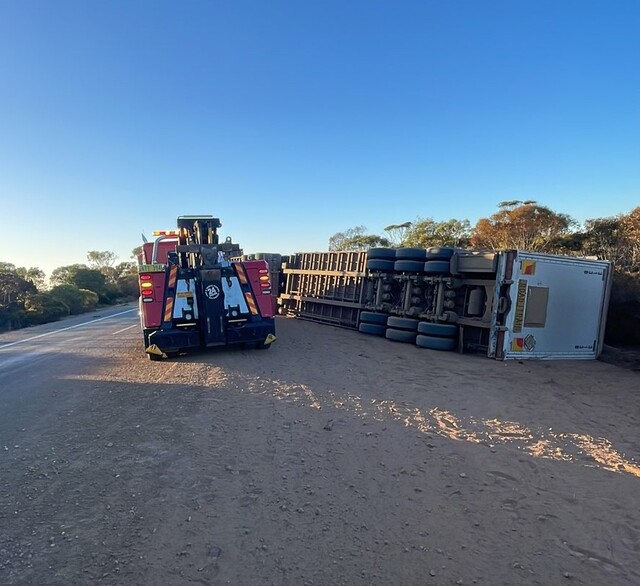
UPDATE: In a dramatic late-night vote, New South Wales (NSW) Parliament has officially repealed the controversial Wild Horse Heritage Act, stripping protections from the wild horse population in Kosciuszko National Park. The repeal, which gained traction just before midnight on October 19, 2023, marks a significant shift in wildlife management policy, with implications for the park’s ecosystem.
The decision comes after intense debate surrounding the impact of brumbies, or wild horses, on the park’s fragile landscape. Advocates for the repeal argue that the protections have led to environmental degradation, harming native species and ecosystems. Independent MP Joe McGirr, who championed the repeal, highlighted that the brumby population had surged to between 1,579 and 5,639 due to the previous laws, causing severe damage to the park’s wetlands and wildlife.
“This is a victory for truth over mythology,” said Richard Swain, Indigenous Ambassador for the Invasive Species Council. “Today, Country can breathe again.” Swain emphasized the urgency of the situation, noting that the health of alpine ecosystems has deteriorated with the brumbies trampling native vegetation and threatening local species.
The repeal received bipartisan support, with members from the Labor Party, the Liberals, and crossbench members joining forces to pass the bill. However, the NSW Nationals opposed the repeal, arguing for the cultural significance of the brumbies.
Park management now faces a mandated target to reduce the feral horse population to 3,000 by mid-2027, with ongoing monitoring of water quality and threatened species to ensure the park’s recovery. The latest research points to the need for immediate action, with before-and-after images from aerial culls indicating positive changes in vegetation cover and reduced soil damage.
As Kosciuszko National Park moves forward with this new framework, the focus will be on restoring its delicate ecosystems and protecting endangered species. The emotional toll of this decision resonates deeply with local communities who have witnessed the changing landscape over the years.
Authorities will continue to monitor the impacts of the repeal closely, tracking the recovery of the park through scientific assessments. The call for responsible wildlife management is more urgent than ever, as the future of the alpine wetlands and native wildlife hangs in the balance.
Stay tuned for updates as this developing story unfolds, and share your thoughts on the implications of these new laws on social media.





